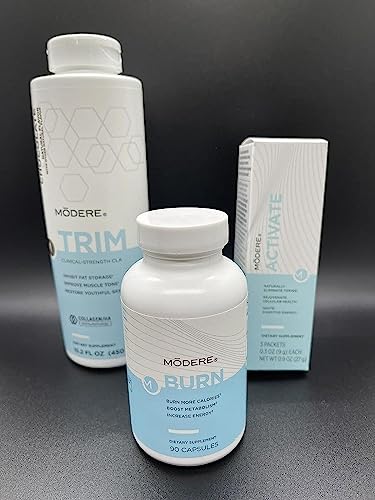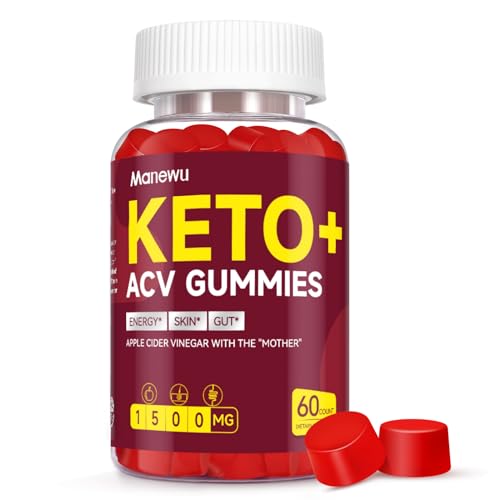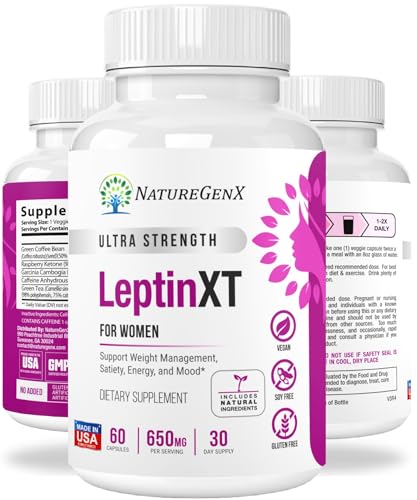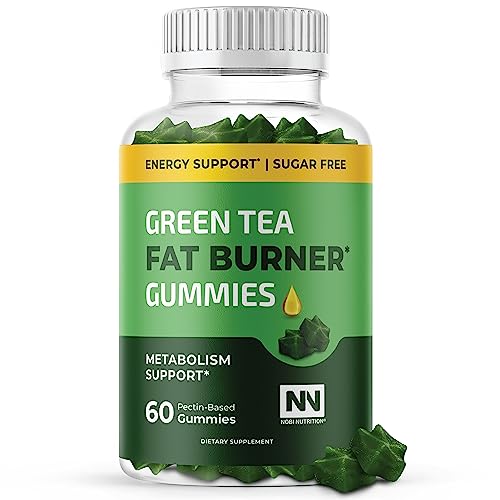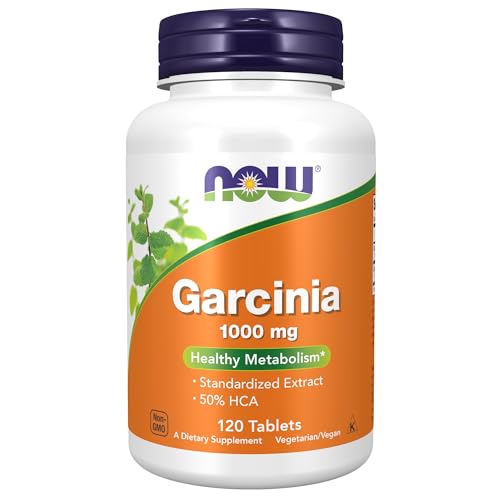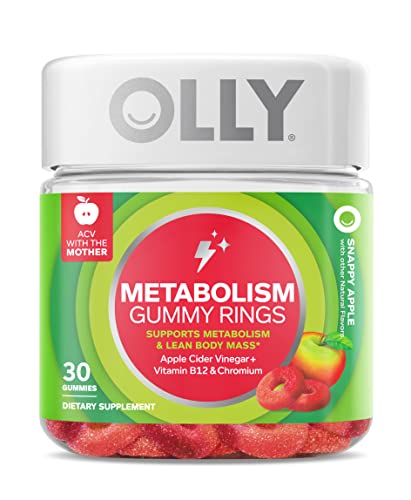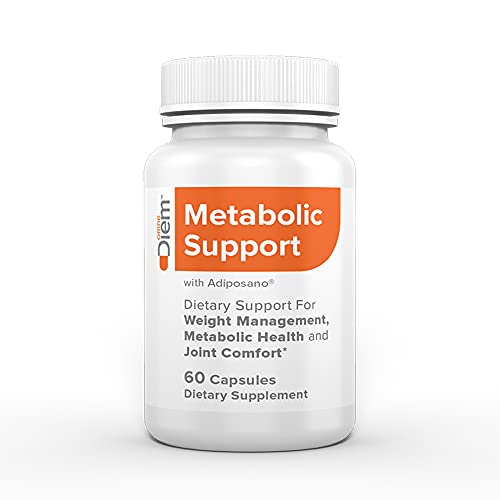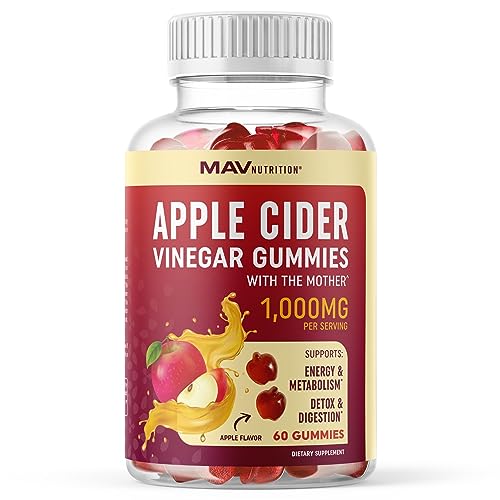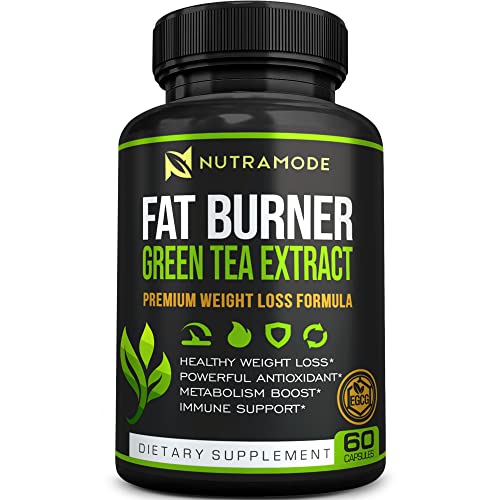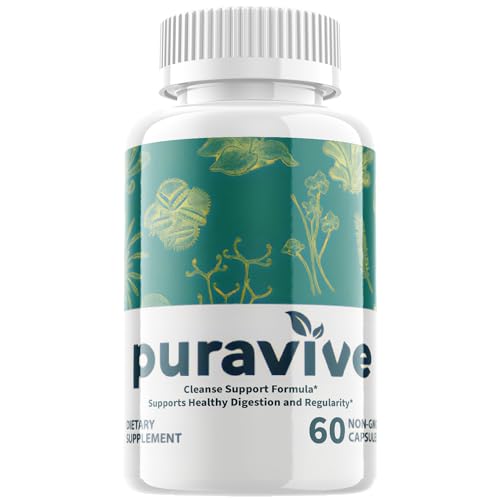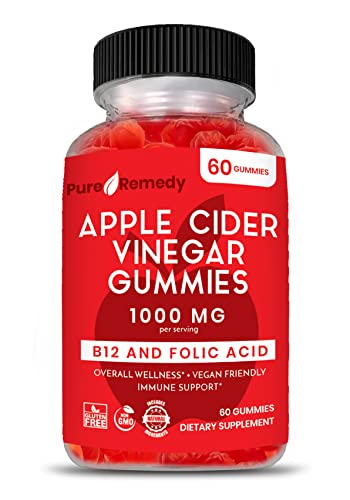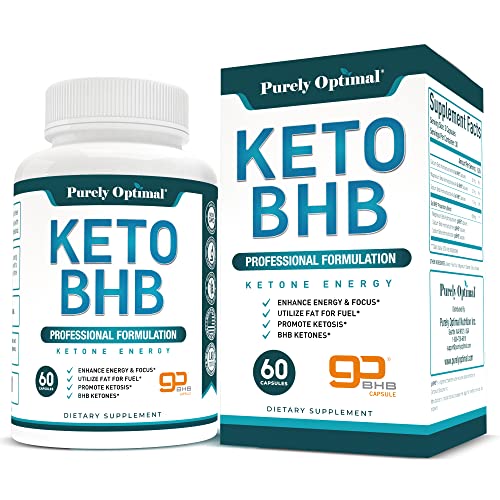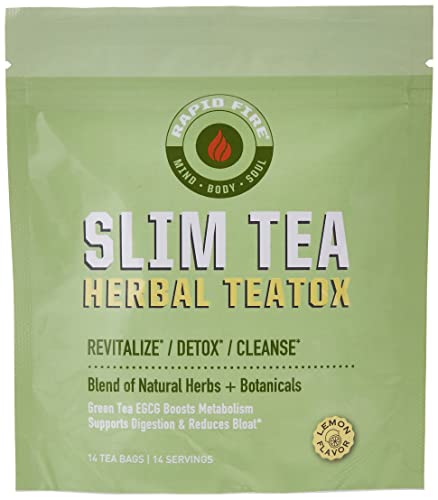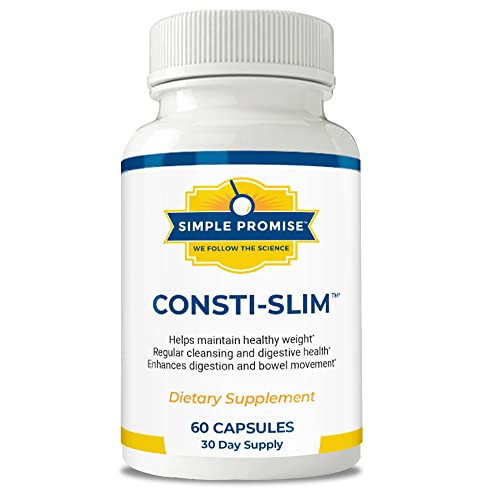This is why we need Weight Loss Supplements. More than two-third of adults and almost one-third of children and adolescents in the United States are overweight or have obesity. Forty-five percent of Americans who are overweight and 67% of those with obesity are trying to lose weight.
Health experts agree that making lifestyle changes—including following a healthy dietary pattern, reducing caloric intake, and engaging in physical activity—is the basis for achieving long-term weight loss. But because making diet and lifestyle changes can be difficult, many people turn to dietary supplements promoted for weight loss in the hope that these products will help them more easily achieve their weight-loss goals.

Approximately 15% of U.S. adults have used a weight-loss dietary supplement at some point in their lives; more women report use (21%) than men (10%). Americans spend about $2.1 billion a year on weight-loss dietary supplements in pill form (e.g., tablets, capsules, and Softgels), and one of the top 20 reasons why people take dietary supplements is to lose weight.
Dietary supplements promoted for weight loss encompass a wide variety of products and come in a variety of forms, including capsules, tablets, liquids, powders, and bars. Manufacturers market these products with various claims, including that these products reduce macronutrient absorption, appetite, body fat, and weight and increase metabolism and thermogenesis. Weight-loss products can contain dozens of ingredients, and some contain more than 90. Common ingredients in these supplements include botanicals (herbs and other plant components), dietary fiber, caffeine, and minerals.
In its report on dietary supplements for weight loss, the U.S. Government Accountability Office concluded that “little is known about whether weight loss supplements are effective, but some supplements have been associated with the potential for physical harm”]. Many weight-loss supplements are costly, and some of these products’ ingredients can interact or interfere with certain medications. So it is important to consider what is known—and not known—about each ingredient in any dietary supplement before using it.
People who are considering using weight-loss supplements should talk with their health care provider to discuss these products’ potential benefits and risks. This is especially important for those who have medical conditions, including high blood pressure, diabetes, and liver or heart disease. Yet, according to a large national survey, less than one-third of U.S. adults who use weight-loss dietary supplements discuss this use with a health care professional.
The Top Five Ways to Lose Weight Fast In 2025
Welcome to your number one source for information on the best ways to lose weight fast. After scouring the web I’ve discovered the best methods for anyone with any experience level to start melting fat from your waistline, arms, neck and entire body!
Check out the Top Five below and choose which one is the best fit for you.
The most important thing is that you choose at least one and get started quickly so you can start losing the weight you want as quickly as possible!
And here’s a little secret… You can even choose more than one and lose more pounds faster
Trake a look at this fantastic Weight Loss Supplement
Showing 97–144 of 168 results
-
Sale!

Lean Body System Chocolate, Liquid Collagen Peptides, CLA with Scoop
Original price was: $181.00.$169.51Current price is: $169.51. Learn More -

Lemme Burn – Metabolism, Belly Fat Burning + AMPK Activating Supplement for Men & Women w/Clinically Studied Actiponin Gynostemma, Green Tea Extract, Vitamins B6 & B12 – Vegan, Gluten Free, 60 Count
$40.00 Learn More -

Lemme Curb – Cravings, Glucose Metabolism & Weight Management Support with Clinically Studied Chromium Picolinate, Bitter Melon, Ceylon Cinnamon, Potassium & Greens Superfood Blend, Vegan – 60 Count
$40.00 Learn More -
Sale!

LES Labs Insulin Health – Metabolic Health, Glucose Support, Lipid & Carbohydrate Metabolism – Berberine, Chromium, Olive Leaf, Alpha Lipoic Acid & Vanadium – Non-GMO Supplement – 60 Capsules
Original price was: $39.99.$32.99Current price is: $32.99. Learn More -
Sale!

Lipozene MEGA Bottle – 120 Capsules, Making it Our Largest Size Available – Appetite Suppressant
Original price was: $39.95.$32.95Current price is: $32.95. Learn More -

LMNITRIX Burnz ✮ Thermogenic Pills for Men & Women ✮ Energy Supplement ✮ 60 Capsules
$29.95 Learn More -
Sale!

Manewu Keto ACV Gummies Advanced Weight Loss, 1500MG Vegan Low Carb Apple Cider Vinegar Gummies – Support Gut Health, Detox Cleanse – Keto BHB Gummies for Weight Loss, Non-GMO, Made in USA
Original price was: $23.98.$16.99Current price is: $16.99. Learn More -

MegaFood Turmeric Curcumin Extra Strength – Whole Body – Turmeric Curcumin with Black Pepper- 475mg Curcuminoids – Holy Basil, Tart Cherry – Made Without 9 Food Allergens – 60 Tabs (30 Servings)
$24.99 Learn More -

Metamucil Fiber Supplement Gummies, Sugar Free Orange Flavor, 5g Prebiotic Plant Based Fiber Blend, 120 Count
$25.68 Learn More -
Sale!

Micro Ingredients CLA Supplements 3000mg Per Serving | 300 Softgels, Made with 80% CLA from Non-GMO Safflower Oil, Active Conjugated Linoleic Acid
Original price was: $18.95.$9.99Current price is: $9.99. Learn More -
Sale!

Natural Diet Pills that Work Fast for Women-Best Appetite Suppressant Weight Loss Pills for Women-Thermogenic Belly Fat Burner-Carb Blocker-Metabolism Booster Energy Pills-Weight Loss Supplements
Original price was: $29.99.$18.95Current price is: $18.95. Learn More -
Sale!

Natural Weight Loss Pills for Women-Best Diet Pills that Work Fast for Women-Appetite Suppressant-Thermogenic Belly Fat Burner-Carb Blocker-Metabolism Booster Energy Supplements -60ct
Original price was: $32.00.$18.95Current price is: $18.95. Learn More -
Sale!

Nature’s Bounty Apple Cider Vinegar 480mg Pills, Vegetarian Supplement Plant Based, 200 Tablets
Original price was: $14.22.$7.49Current price is: $7.49. Learn More -
Sale!

Nature’s Bounty Chromium Picolinate, Supports Fat, Protein & Sugar Metabolism, 800 mcg, 50 Tablets
Original price was: $10.83.$9.94Current price is: $9.94. Learn More -
Sale!

Nature’s Bounty Tonalin Pills and Dietary Supplement, Diet and Body Support, 1000 mg, 50 Softgels
Original price was: $19.50.$11.08Current price is: $11.08. Learn More -

NatureGenX Leptin XT – Leptin Supplements for Weight Loss for Women – Appetite Suppressant, Metabolism Booster & Fat Burner – Extra Strength Diet Pills for Energy & Mood – 3rd-Party Tested – 60 Ct
$19.75 Learn More -

Night Time Fat Burner – Carb Blocker, Metabolism Booster, Appetite Suppressant and Weight Loss Diet Pills for Men and Women with Green Coffee Bean Extract and White Kidney Bean – 60 Capsules
$19.89 Learn More -

Night Time Fat Burner Pills – Thermogenic Weight Loss & Sleep Support – Appetite Suppressant, Metabolism Booster, Weight Loss Diet Pills – Grains of Paradise – Melatonin – Non-GMO & Vegan Capsules
$9.95 Learn More -
Sale!

Night Time Weight Loss Pills for Women-Carb Blocker Appetite Suppressant with Melatonin-Fat Burner Diet Pills that Work Fast for Women-Nighttime Metabolism Booster-Overnight Fat Burning Pills-1 Pack
Original price was: $34.99.$22.98Current price is: $22.98. Learn More -
Sale!

Nobi Nutrition Green Tea Fat Burner Gummies for Weight Loss | Metabolism Boost & Appetite Suppressant with Green Coffee Bean Extract & Garcinia Cambogia | Pills to Burn Belly Fat for Women & Men
Original price was: $29.95.$19.95Current price is: $19.95. Learn More -
Sale!

NOW Supplements, Garcinia (Garcinia Cambogia) 1,000 mg, Healthy Metabolism*,Weight Loss, 120 Tablets
Original price was: $25.99.$15.82Current price is: $15.82. Learn More -
Sale!

Old School Labs Fat Burner | The First Weight Loss Pills to Preserve Lean Muscle & Burn Stubborn Fat | Appetite Suppressant for Weight Loss Formulated to Keep Muscle & Increase Energy | 120 Diet Pills
Original price was: $59.99.$45.47Current price is: $45.47. Learn More -
Sale!

OLLY Beat The Bloat Capsules, Digestive Support Enzymes, Supplement for Women – 25 Count
Original price was: $17.99.$15.99Current price is: $15.99. Learn More -
Sale!

OLLY Combat Cravings, Metabolism & Energy Support Supplement, Chromium, Green Tea, Goji Berry, Ginger, Boost Energy – 30 Count
Original price was: $19.99.$16.88Current price is: $16.88. Learn More -
Sale!

OLLY Metabolism Gummy Rings, Apple Cider Vinegar, Vitamin B12, Chromium, Energy and Digestive Health, Chewable Supplement, Apple Flavor – 30 Count
Original price was: $19.99.$14.99Current price is: $14.99. Learn More -

Omne Diem Metabolic Support with Adiposano, 60 Capsules – Dietary Supplement for Weight Management, Metabolic Health & Joint Comfort
$47.95 Learn More -
Sale!

Orgain Organic Protein + Superfoods Powder, Vanilla Bean – 21g of Protein, Vegan, Plant Based, 5g of Fiber, No Dairy, Gluten, Soy or Added Sugar, Non-GMO, 2.02lb
Original price was: $28.49.$26.49Current price is: $26.49. Learn More -

Organic Apple Cider Vinegar Gummies (60 Ct.) | Weight, Digestion, Detox, Immunity & Diet Support with ACV | With The Mother, Vitamin B6, B12 & Folate | Belly Fat Burner for Women & Men | Vegan, 500MG
$15.95 Learn More -
Sale!

Physician’s CHOICE Probiotics for Weight Management & Bloating- 6 Probiotic Strains – Prebiotics – ACV – Green Tea & Cayenne – Supports Gut Health – Weight Management for Women & Men – 30 ct
Original price was: $29.99.$25.17Current price is: $25.17. Learn More -
Sale!

PHYTO Phytophanère 100% Natural Hair Loss Thinning Dietary Supplement, 2-Month Supply 120 Count (Pack of 1)
Original price was: $60.00.$42.00Current price is: $42.00. Learn More -

powercut MLT-97 for Women and Men
$39.97 Learn More -

Premium Green Tea Extract Fat Burner Supplement with EGCG-Natural Appetite Suppressant-Healthy Weight Loss Diet Pills That Work Fast for Women and Men-Detox Metabolism Booster to Burn Belly Fat Fast
$18.95 Learn More -

Probiotics for Women-Men-Kids Digestive Health, Prebiotics and Probiotics for Women to Lose Weight, 100 Billion for Gut and Immune Health, No Refrigeration, 90 Veggie Capsules ( 45 Days Supply )
$17.99 Learn More -
Sale!

Puravive Weight Loss Capsules, Puravive Diet Pills Supplement Purevive Support Total Advanced Formula, Pura Vive Belly That Works Fast with Caffeine Green Tea Health Lab (60 Capsules)
Original price was: $34.95.$29.95Current price is: $29.95. Learn More -
Sale!

Puravive, Puravive Pills, Puravive Capsules, Puravive Supplement, Puravive Advanced Formula, Pura Vive, Puravive Support Supplement Pills, Puravive All Natural Formula (60 Capsules)
Original price was: $39.95.$34.95Current price is: $34.95. Learn More -

Pure Remedy Apple Cider Vinegar Gummies W/VIT B12 & B9| Non-GMO, Gluten Free ACV Gummies Supports Digestion, Detox, Immune Booster & Weight Loss| 1000mg (60 Count)
$15.97 Learn More -
Sale!

Purely Optimal Premium Keto Diet Pills Utilize Fat for Energy with Ketosis – Boost Energy & Focus, Manage Cravings, Support Metabolism – Keto Bhb Supplement for Women & Men – 30 Days Supply
Original price was: $34.56.$22.99Current price is: $22.99. Learn More -

Purely Optimal Premium Keto+Apple Cider Vinegar Pills – Promote Ketosis, Boost Energy & Focus, Support Metabolism, Manage Cravings – w/Garcinia Cambogia, Keto Bhb Exogenous Ketones – 90 Capsules
$30.79 Learn More -
Sale!

Purity Labs CLA Supplements 4500MG – Non-GMO Safflower Oil – Supports Energy, Weight Loss, Heart Health, and Muscle Health – 180 Soft gels
Original price was: $29.97.$23.97Current price is: $23.97. Learn More -
Sale!

Rapid Fire Slim Tea 14 Day Herbal Teatox, Blend of Natural Herbs and Botanicals, Supports Healthy Weight Management, Supports Metabolism, Delicious Lemon Flavor, 14 Servings
Original price was: $10.99.$9.73Current price is: $9.73. Learn More -

Rasstenix (2 Pack) Keto Pills – Lean Keto Diet Pills – Weight Fat Management Loss – Ultra Fast Prime Keto Supplement for Women and Men – Optimal Max Keto – 120 Capsules
$25.95 Learn More -
Sale!

Raw Generation 3-Day Skinny Cleanse – Best Detox Juice Cleanse for Weight Management/Healthiest Way to Cleanse Your System/Jumpstart a Healthier Diet
Original price was: $139.99.$119.99Current price is: $119.99. Learn More -

Raw Generation 7-Day Skinny Cleanse – Best Detox Juice Cleanse for Weight Management/Healthiest Way to Cleanse Your System/Jumpstart a Healthier Diet
$244.99 Learn More -

RSP AminoLean – All-in-One Natural Pre Workout, Amino Energy, Weight Management – Vegan BCAAs, Preworkout for Men & Women, Acai, 25 Serv
$28.49 Learn More -
Sale!

RSP NUTRITION AminoLean Pre Workout Powder, Amino Energy & Weight Management with Vegan BCAA Amino Acids, Natural Caffeine, Preworkout Boost for Men & Women, 30 Serv, Pink Lemonade…
Original price was: $34.97.$28.49Current price is: $28.49. Learn More -

RSP Vegan AminoLean – All-in-One Natural Pre Workout, Amino Energy, Weight Management with Vegan BCAAs, Complete Vegan Preworkout Powder, Pineapple Coconut
$29.97 Learn More -

Sculpt Nation Powerful Turmeric Supplement – Turmeric Curcumin with Black Pepper & Patented Ingredients for Joint Health and Weight Loss Support – 30-Day Supply
$39.99 Learn More -

Simple Promise – Consti-Slim – Natural Digestion and Weight Support – Increases Digestive Enzymes, 60 Capsules
$49.00 Learn More





